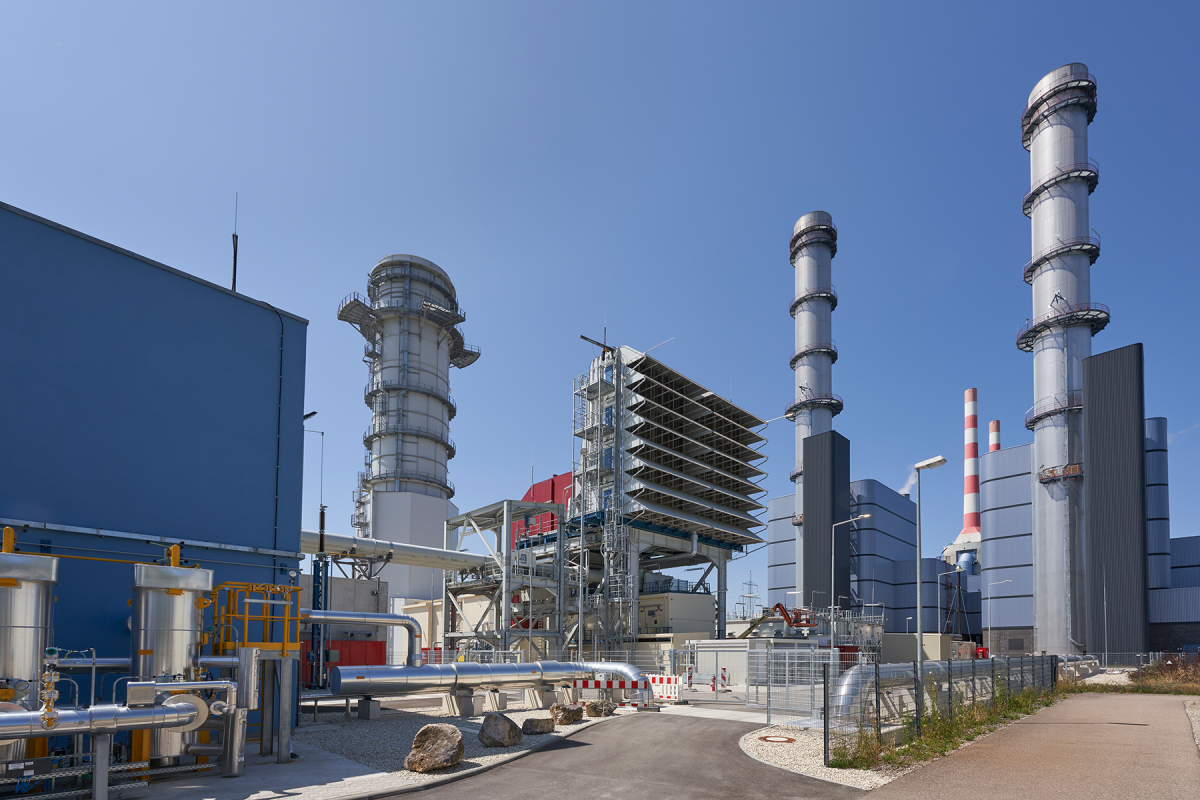Economy minister urges cross-party effort in Germany to hold course on climate and energy policy
The energy transition must not be slowed down by the collapse of Germany’s coalition government or the re-election of Donald Trump as U.S. president, German economy minister Robert Habeck told an audience at a congress of the German energy agency dena on Monday (11 November) in Berlin.
“We must avoid a turnaround in the energy transition,” Habeck said, arguing that the coming months would be crucial to ensure the country stays on track towards its energy and climate targets. The vice chancellor urged other German parties not to take advantage of the break-up of the coalition government by questioning crucial energy and climate policies in campaigns for the upcoming snap election. Habeck recently announced he would lead the Green Party into the election that is expected to take place on 23 February.
The minister said that the coalition government under chancellor Olaf Scholz had made several crucial decisions to ensure the ongoing decarbonisation of Germany’s electricity system over the coming years. “In the next stage, we have to make electricity affordable,” Habeck said. Grid fees and electricity taxes would have to be cut to make sure all sectors adopt electricity based on low-carbon sources as their main energy supply. Regarding the buildings sector, the debate had to move from decarbonising heating systems to ensuring more climate friendly construction, he added.
The outgoing government’s key policies now hang in the balance, such as Germany’s the Energy Industry Act or the Power Plant Security Act, the aim of which was to ensure that enough capacity in the form of gas-fired power plants is built in the coming years to guarantee supply security in the future at times of little wind or sunshine. This would have to be implemented through a cross-party effort, he argued. “This is simply necessary for the country” and no party could gain from blocking them, as entire regions and the further development of Germany’s energy system greatly depended on these policies, he argued.
The Power Plant Security Act is needed to secure investments in new backup power plants that can later be converted to run on green hydrogen and are seen as a prerequisite to accelerate Germany’s 2038 phaseout.
Europe urged to take a stand against "great roll-back" in international climate policy
Other crucial policy measures affected by the early breakup of the Social Democrats (SPD), the Green Party and the pro-business Free Democrats (FDP) coalition include a Pact for Industry promised by chancellor Scholz in the days before the collapse as an emergency measure to revive German industrial production and economic growth. As the outgoing coalition failed to agree on a budget for 2025, the funding of many agreed programmes remains uncertain.
Measures proposed by Scholz included lower grid fees and job protection measures in the car industry, such as purchase premiums for electric cars. It is unclear whether Scholz can gather enough support in parliament for the pact, given that the departure of the FDP from his coalition means he will have to rely on the conservative alliance of the Christian Democrat Union (CDU) and Christian Social Union (CSU).
Habeck called the election result in the U.S. a clear threat to international climate action efforts, as victorious Republican candidate Donald Trump pledged to leave the Paris Climate Agreement and massively ramp up fossil fuel production in the country. An imminent “great roll-back” in U.S. climate policy would also spill over to Europe and Germany, Habeck warned. “Someone must send a clear signal that this is wrong – and that we won’t budge on this. And I think that Europe should do this – and Europe will only do it if Germany does it,” the minister said.
If Europe failed to stand its ground in defence of ambitious climate targets, there would be repercussions on the compliance on other large economies, such as China or India. “There’s a lot more at stake here globally than domestic tactics in election campaigns,” Habeck said, urging other German policymakers to consider this in the coming weeks and refrain from talking down emission reduction efforts.
Research institutions such as the Potsdam Institute for Climate Impact Research (PIK) and industry lobby associations such as the World Economic Forum (WEF) in Davos all agreed that unchecked global warming posed a massive threat to global economic development. “Economic growth won’t be possible if we don’t act,” Habeck cautioned.
He added that last year’s cyber-attack on the dena, which according to agency was likely carried out by Russian attackers, showed that energy remains a key battle ground in geopolitical tensions. “This is just the beginning,” as further attacks, including on physical energy infrastructure, would have to be expected, he warned. “Energy is a question of national security,” Habeck said, adding that climate change also had long been established as a threat by the military.


